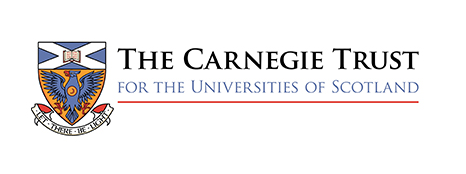Project Title: Wearable sensors for clinical movement analysis of the upper limb: enhancing accuracy and improving access.
Funder: The Carnegie Trust for the Universities of Scotland
Duration: October 2022 - September 2025
Research Team: Ms Mhairi McInnes , Dr Edward Chadwick , Dr Dimitra Blana , Dr Andrew Starkey
- Project Summary
-
Accurate and effective movement of the limbs is an essential faculty which defines the quality of life for many patients after an accident or surgery. During rehabilitation, wearable sensors have the potential to be a very useful tool. However, there has not yet been an uptake of this technology from health professionals.
The conventional method of human movement analysis involves the use of expensive optical cameras, but recent research has highlighted wearable sensors (or inertial measurement units (IMUs)) as a promising alternative. IMUs are comparatively inexpensive and can be used in any setting, which makes them more accessible to clinicians.
IMU data can be difficult to interpret due to measurement noise and small errors which accumulate over time, however, various researchers have developed a method for combating this problem. This method involves the integration of a mathematical model of the muscles and joints to refine the body motion estimates from the IMU data.
The objective of this project is to apply the method described above to develop a robust, accessible method of analysing the movement of the upper limb. The second stage of the project will focus on developing a user interface which could be operated by clinicians, which will be achieved through collaboration with local health professionals.

- Outcomes
-
Conferences:
McInnes M.F., Blana D., Starkey A., Chadwick E.K.J. Accuracy of Delsys Trigno inertial sensors for measuring orientation during upper-limb movements - validation with optical motion capture. BioMedEng Conference, Swansea, September 2023

